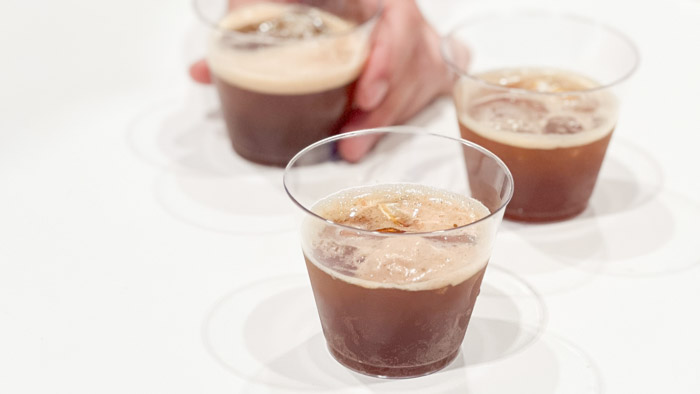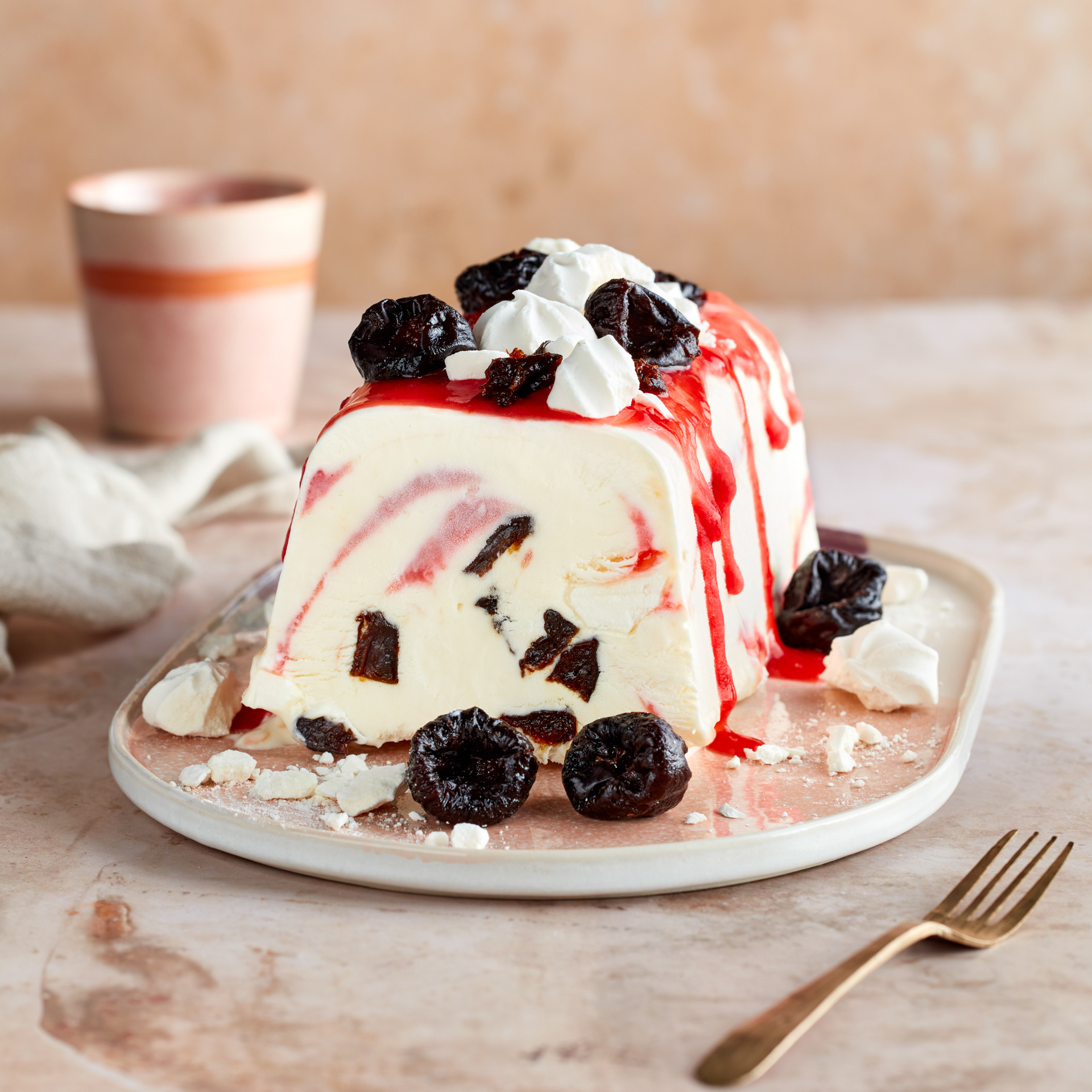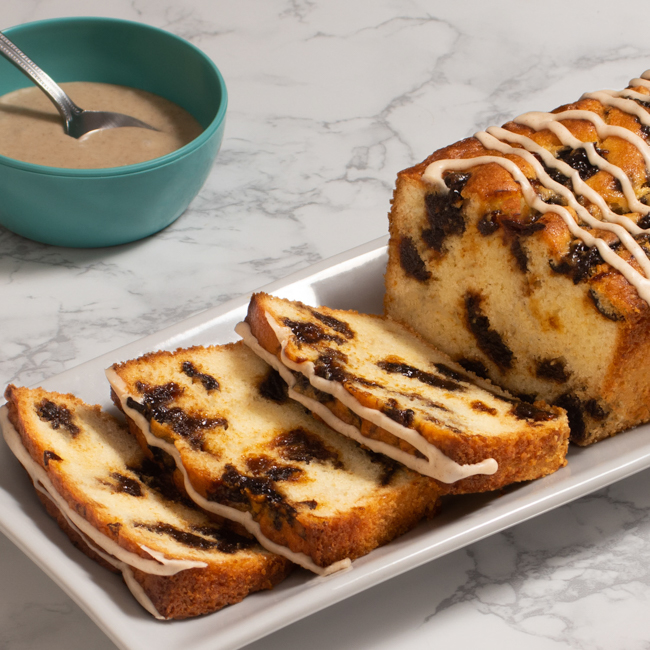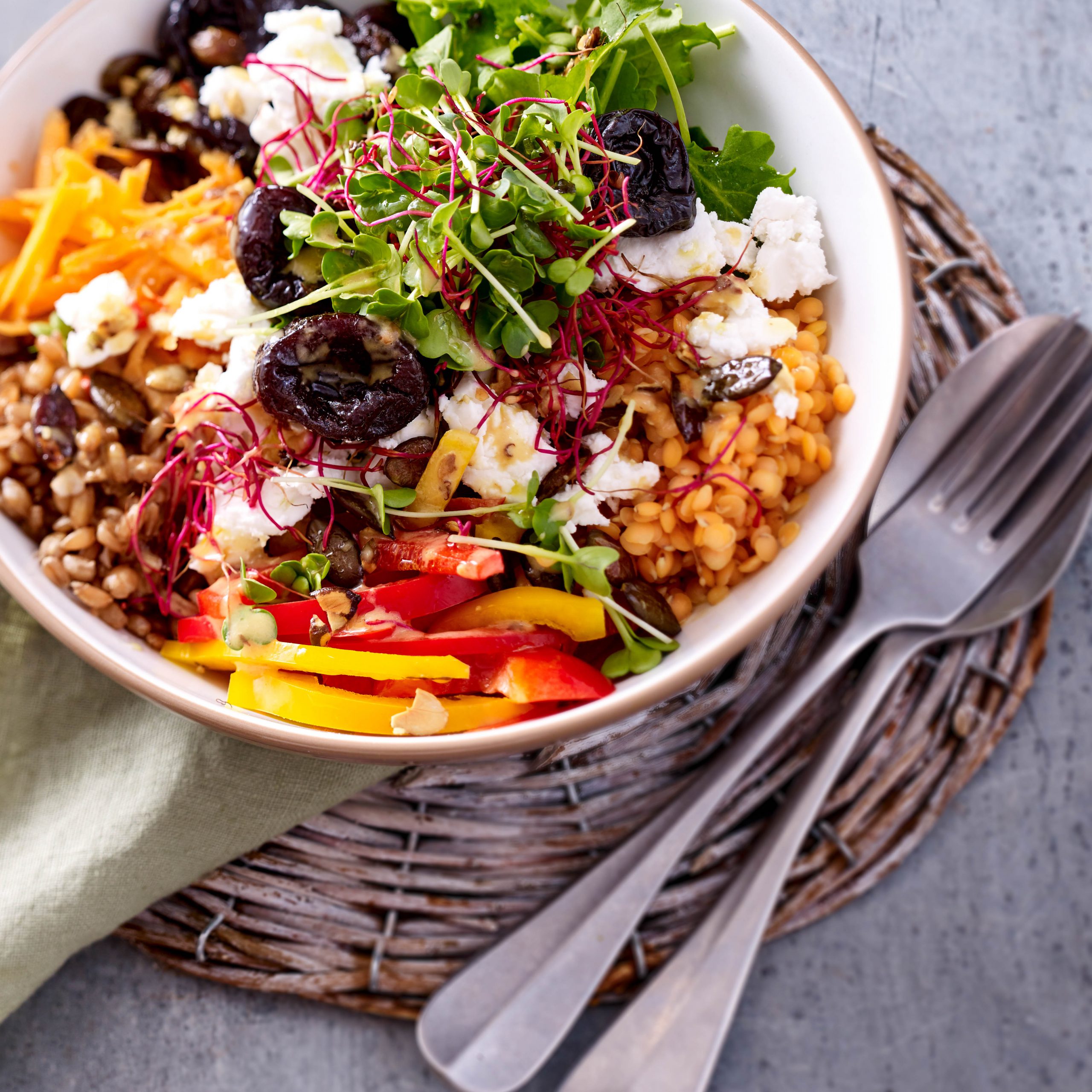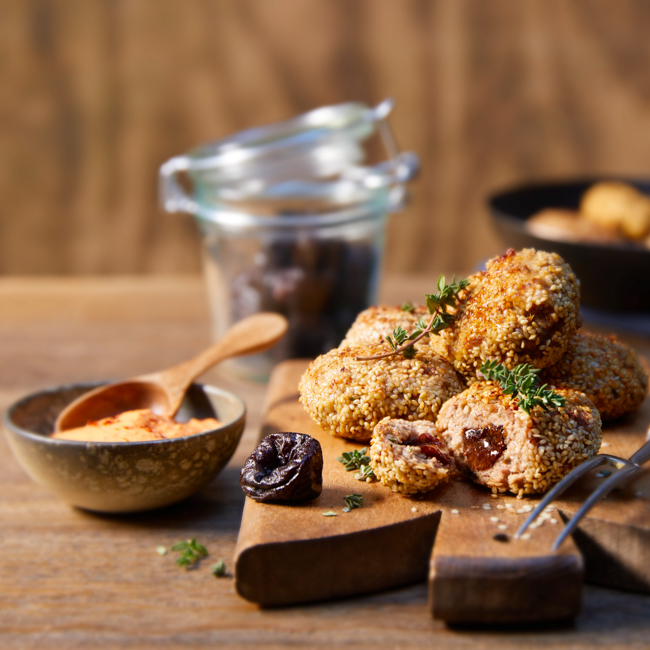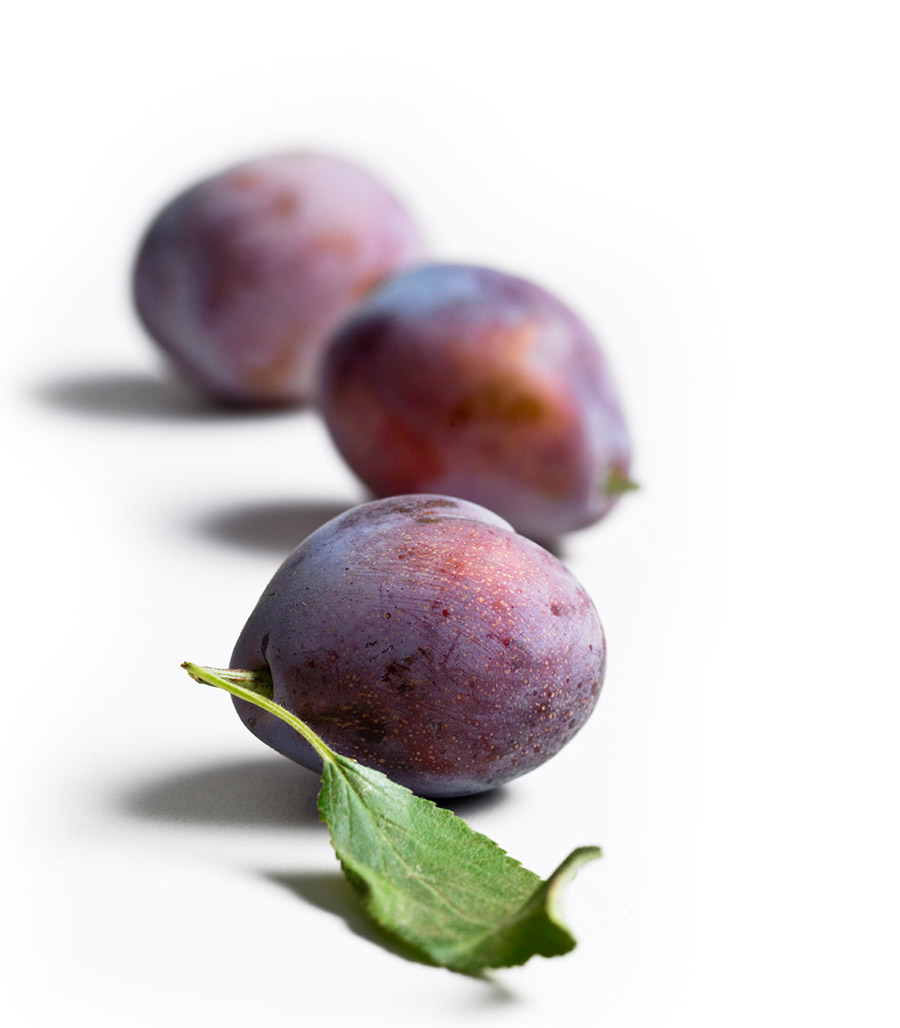Walking down the beverage aisle at any grocery store means encountering a staggering variety of flavors and brands, many of them new to market. From flavored seltzers to performance-geared sports drinks to functional water and non-alcoholic canned cocktails, there is no shortage of products to sample.
While the beverage sector has long been known for experimentation, today’s new products are about more than novel flavor combinations. Instead of unseating classic drinks, they’re being positioned as products with benefits that target health, wellness, and performance.
It’s all because consumers are looking for more than hydration. According to Innova Market Insights’ 2024 category survey, 48% of buyers in the U.S. and Canada consume functional water more than once a week. In general, some consumers want beverages to give them energy, others want vitamins, some want a drink that helps them fall asleep, still others want gut health and immunity while sipping on a beverage that also tastes indulgent.
There’s a new drink for everyone, and the star ingredients in many of these beverages come from plants that are already known for being good for you.
“There is a rise in functional beverages, juice with a purpose,” says Vai-Meng Leonard, Director of R&D for Yuba City, Calif.-based Sunsweet Growers. “We can leverage our heritage in prune by pairing up with trendy flavors and meet consumers’ needs for gut health and immunity support.”
Matching Flavor and Function
When it comes to healthy beverages, formulators often turn to plants. Everything from tea leaves and herbs to many kinds of fruit contain polyphenols, vitamins, and other attributes that are known for keeping us healthy.
Yet some good-for-you ingredients can have bitter or astringent flavors. Adding caffeine, adaptogens, or other functional ingredients can lead to challenges in balancing flavors. And a beverage has to taste balanced and refreshing for someone to buy it again.
But when you take ingredients that taste good and are already known for a specific function, the end result feels natural and inevitable.
Take prunes and prune juice and dark-berry fruits such as elderberry. According to Innova between 2021 to 2023, nearly 1 in 2 product launches with a health claim in the U.S. and Canada contain an immune and digestive health claim. In general, consumers associate elderberries with immunity support, and prunes with gut health. It makes sense from a functional standpoint to try to combine them. But beyond function, the two flavors work well together in a juice.
“Dark fruits pair well with dark berries,” Leonard says of prunes and elderberries. “They work synergistically. You’re pairing like with like.”
Consulting Chef Rick Perez has also experimented with making craft sodas using fresh plum concentrate or prune juice concentrate blended with date syrup and warm baking spices such as cardamom, clove, allspice, and black pepper to make refreshing drinks without high-fructose corn syrup or other added sugars.
His reasoning: Prunes are a natural pair well with warm baking spices. When prune or fresh prune plums are used as a concentrate in beverages, they also bring the same balanced sweet-tart flavors while deepening color in place of artificial caramel coloring.
Getting it Right
When formulating functional beverages, it’s easy to fall into the trap of adding more ingredients to mask less-favorable flavors. In the end, a formulation ends up being packed with too many things and still not hit the mark in terms of flavor.
To avoid that trap, be clear about what you want to do upfront, recommends Leonard.
“Before you start, define the benefits upfront and have the appropriate ingredients so that you can let the natural flavor shine versus masking,” Leonard advises. She did ground work before starting to formulate Sunsweet’s new prune with elderberry juice.
In the end, the goal in creating functional beverages that taste good is about giving consumers more options to make healthy choices. “We do the hard word and they can enjoy it,” says Leonard.


 日本語
日本語 한국어
한국어